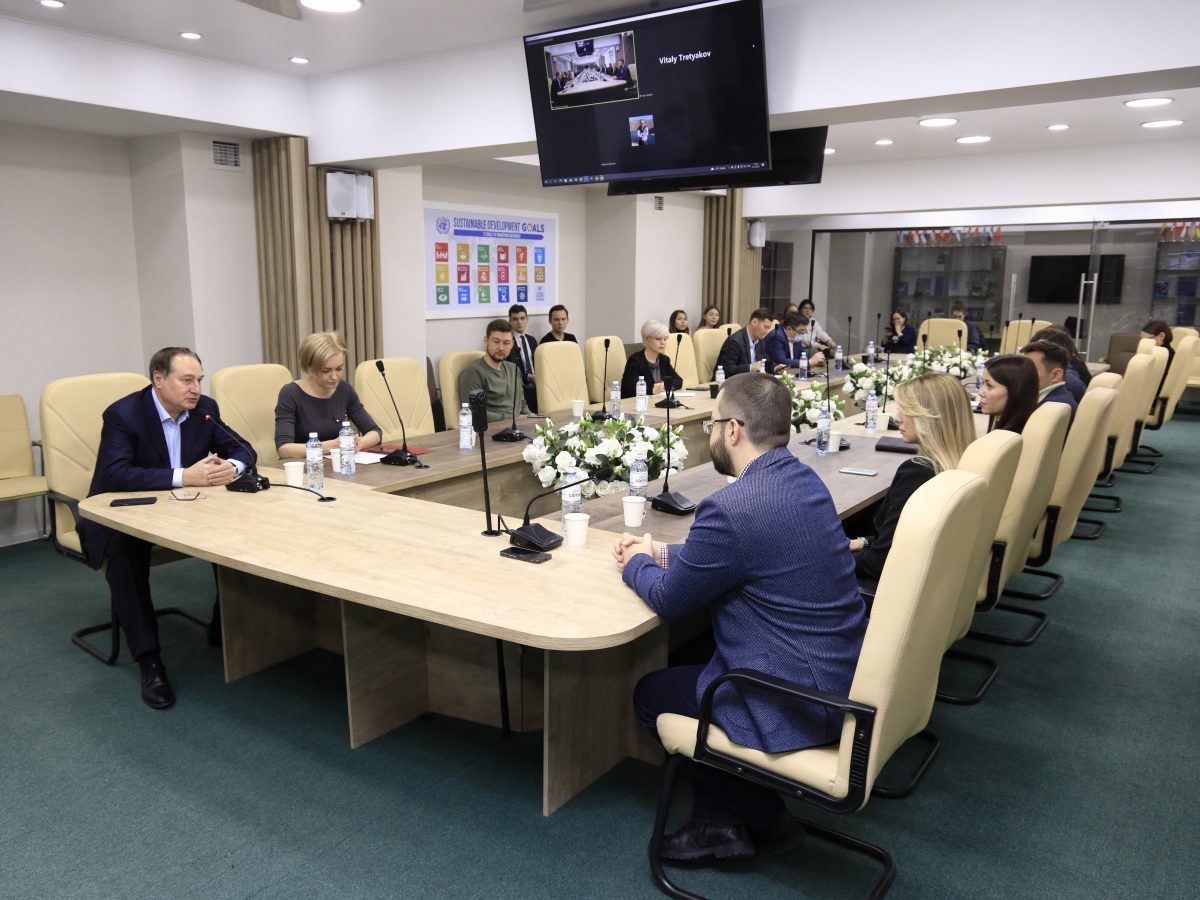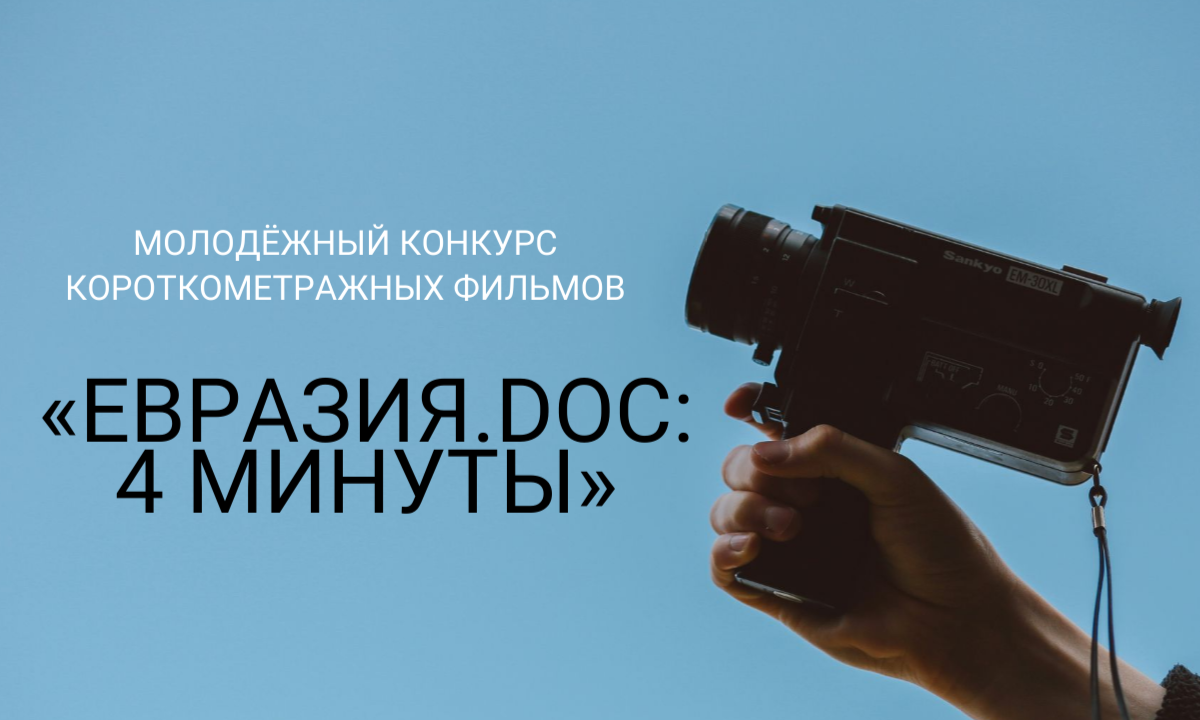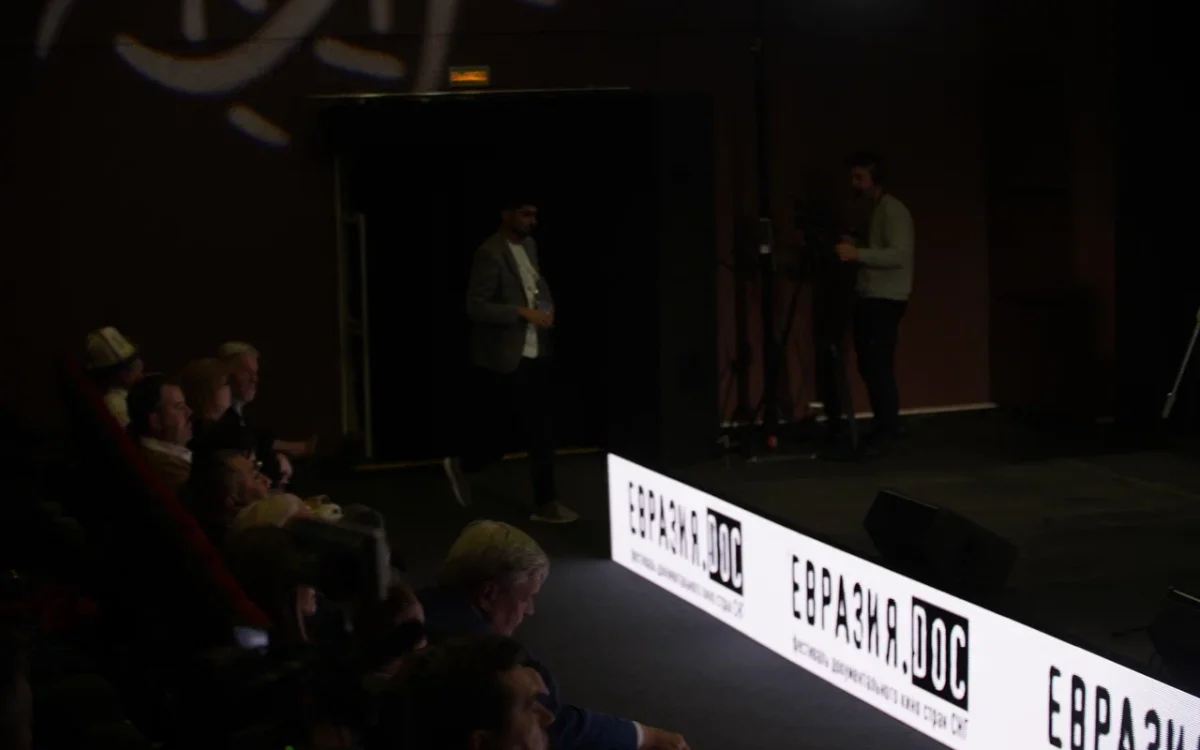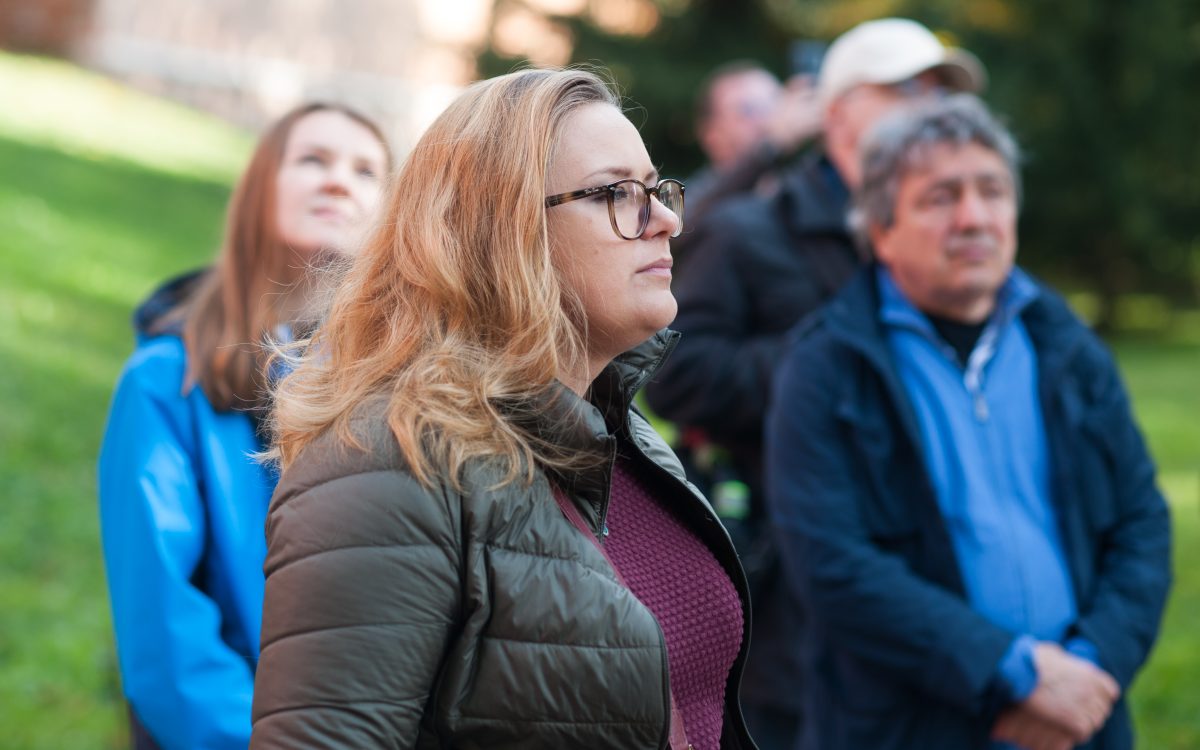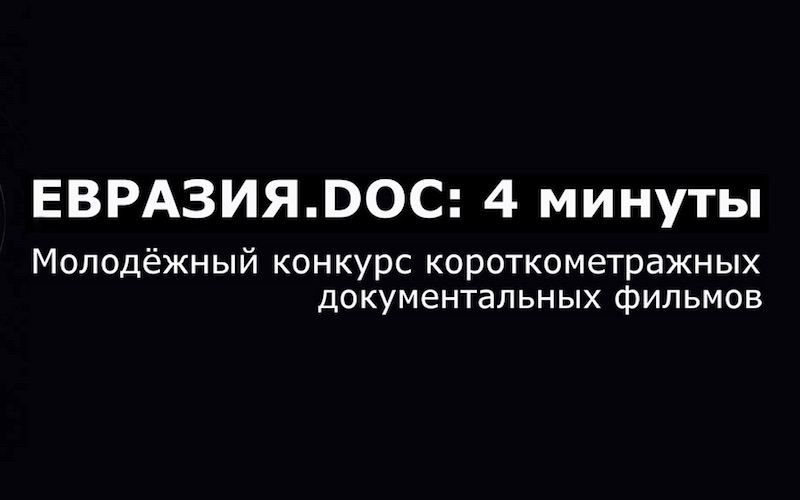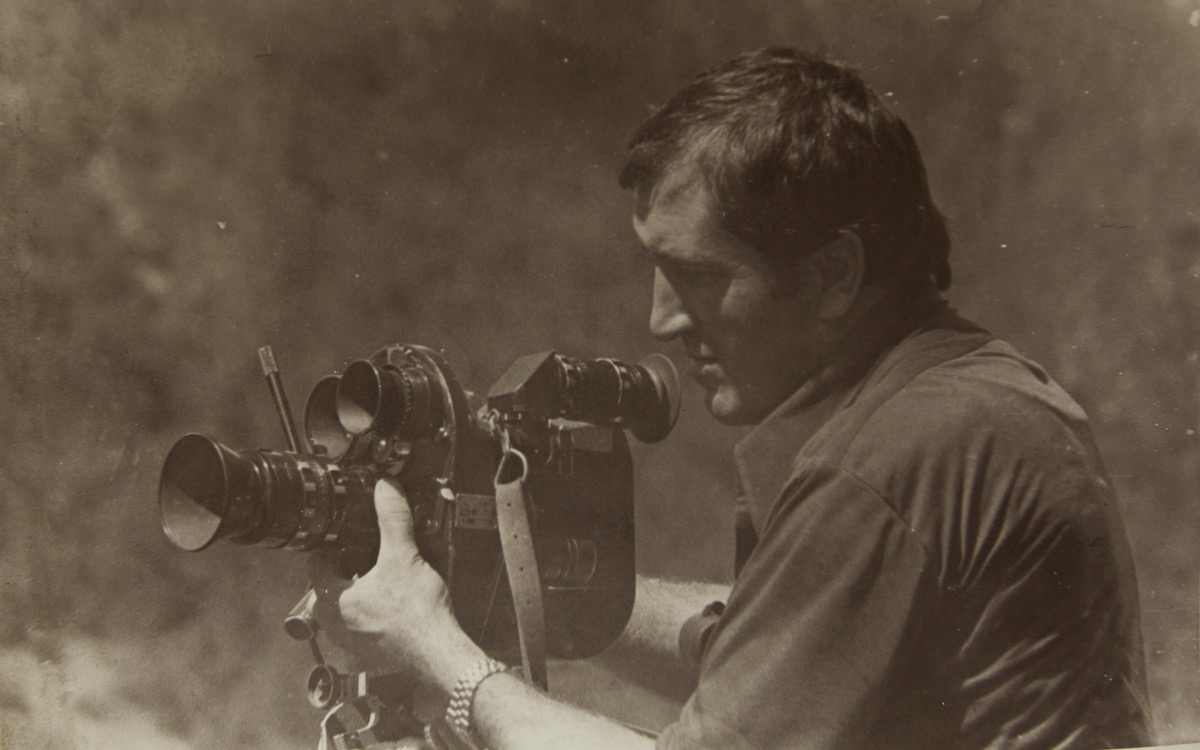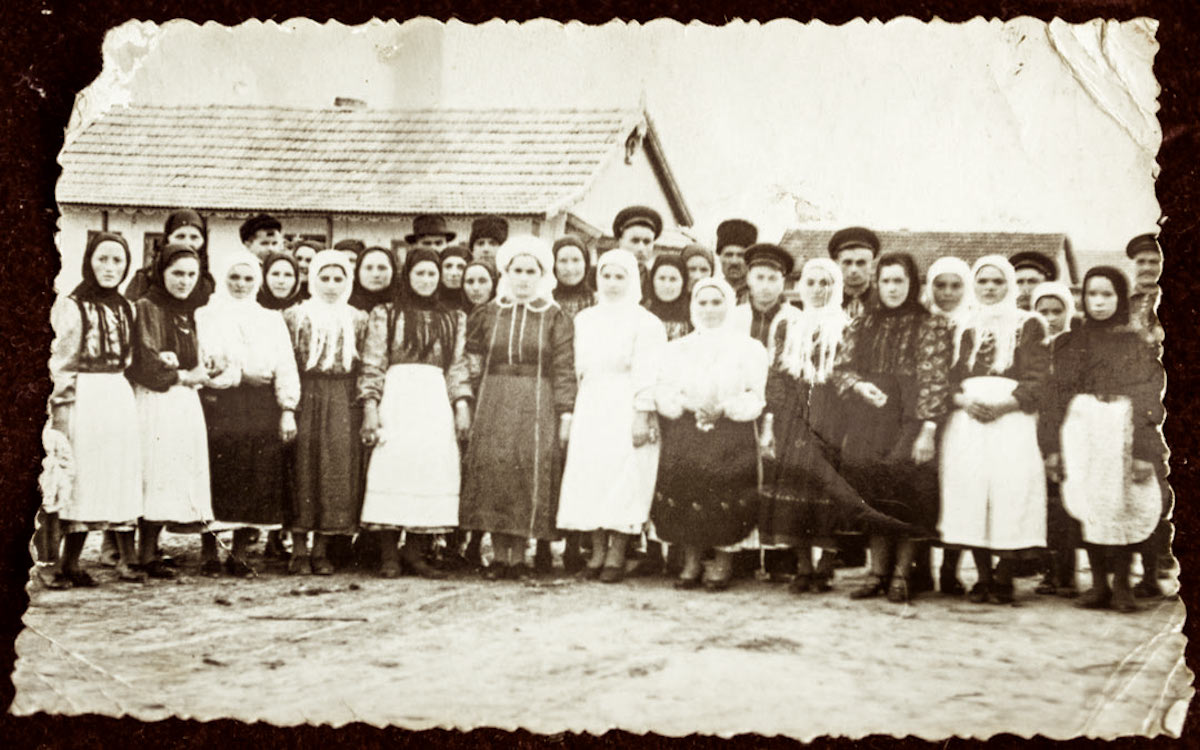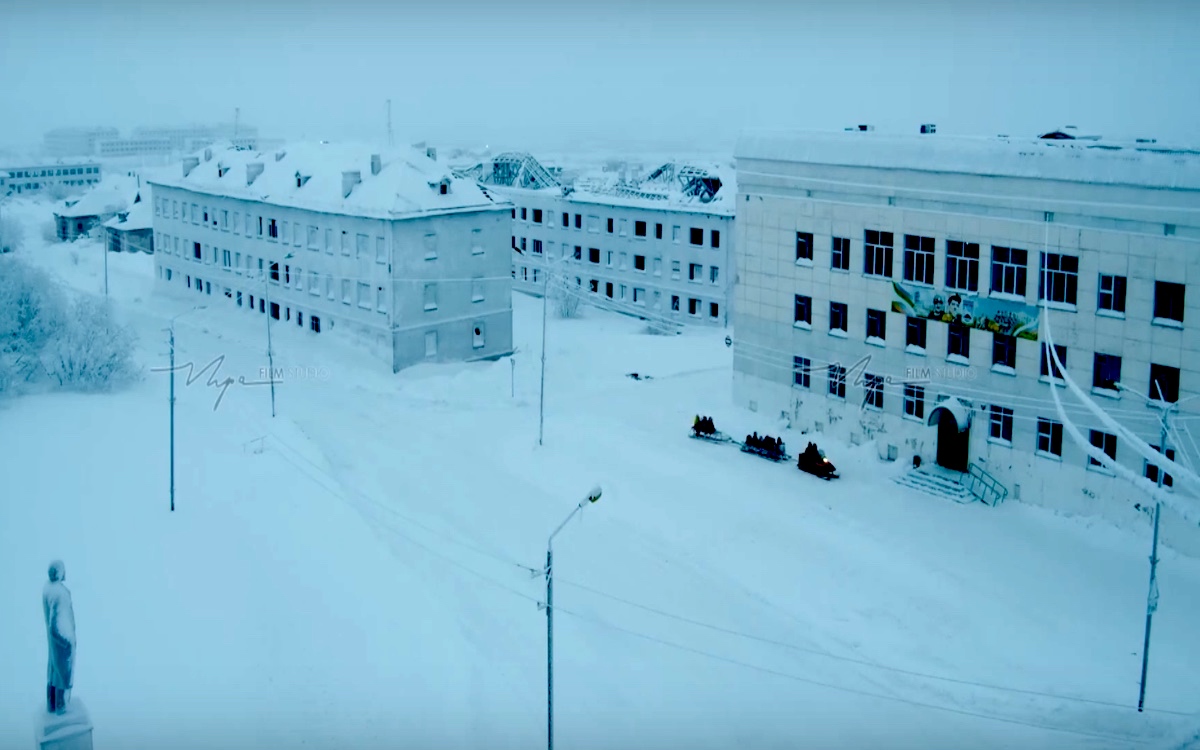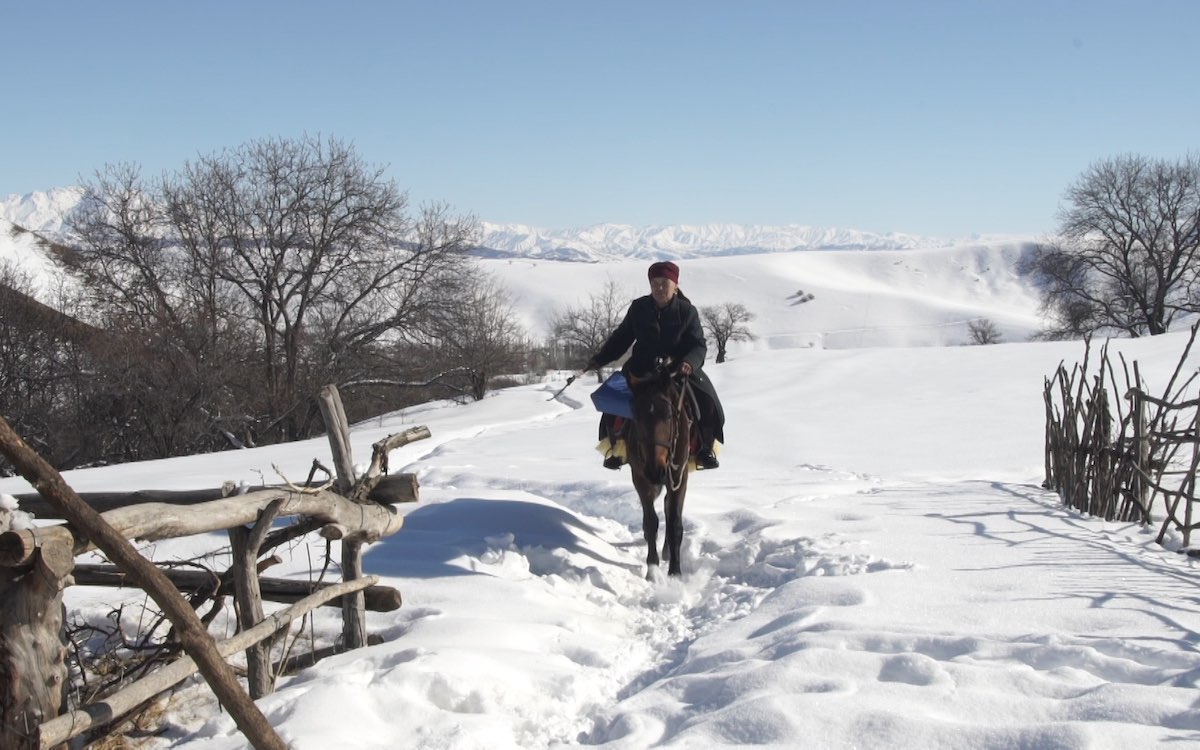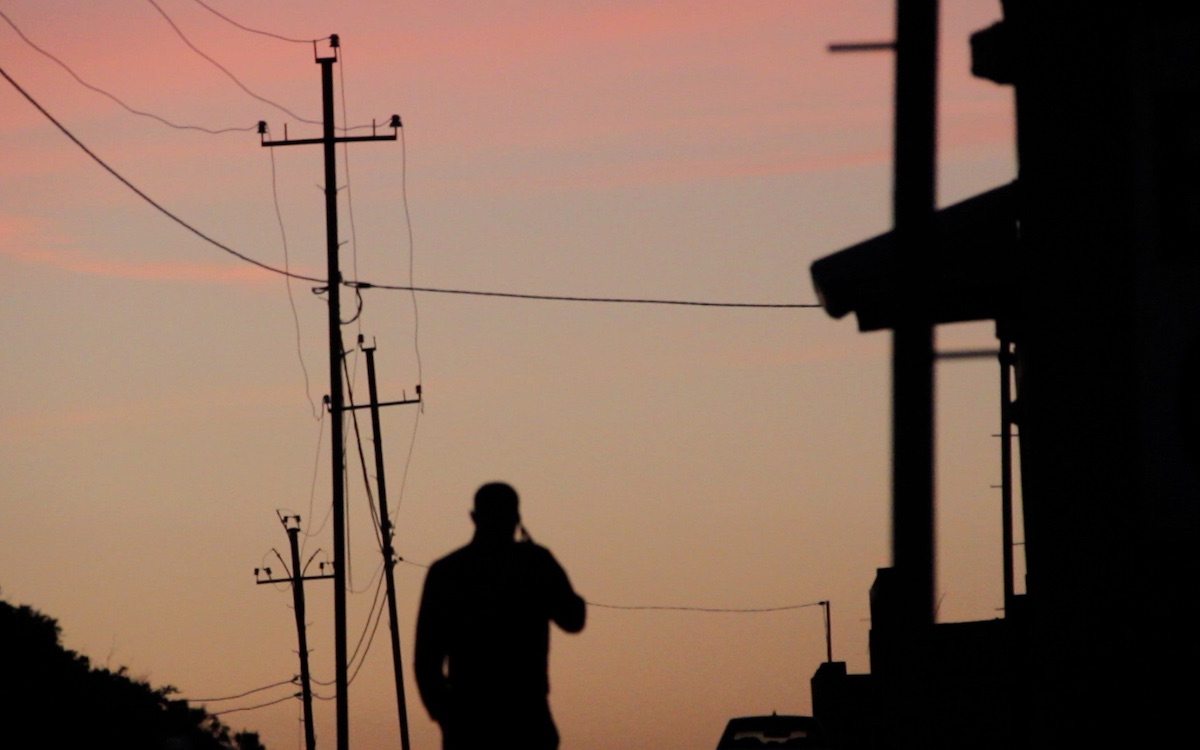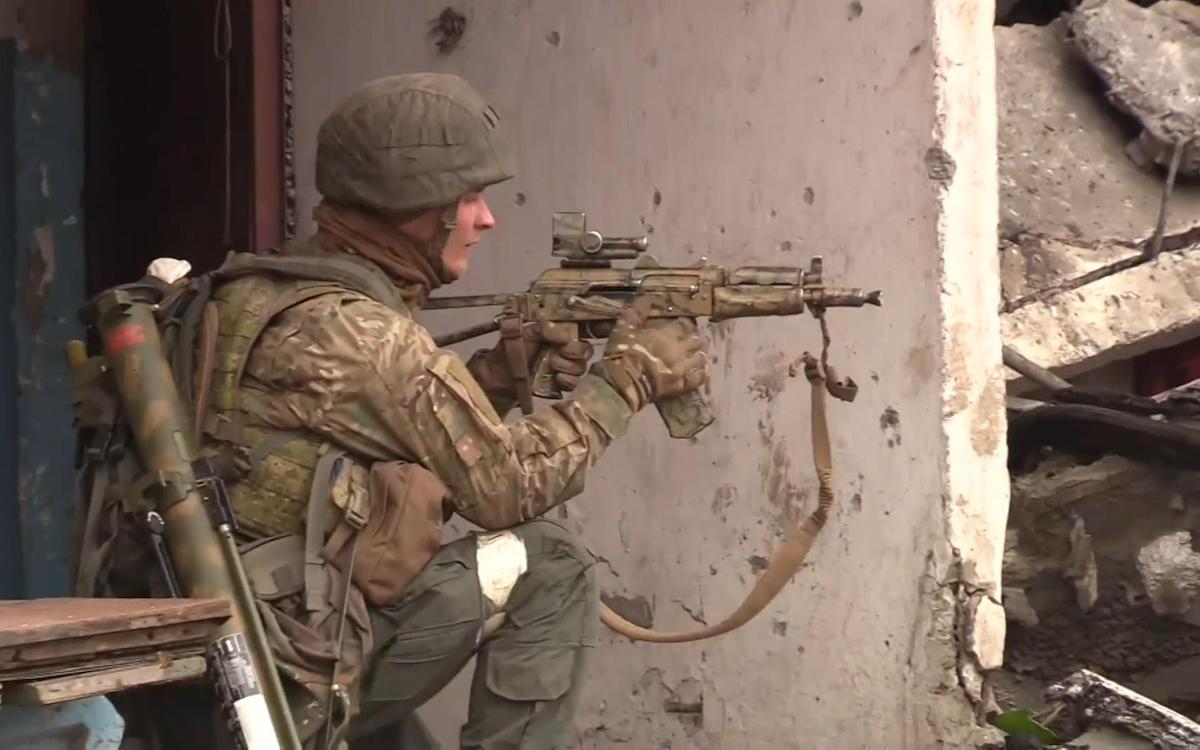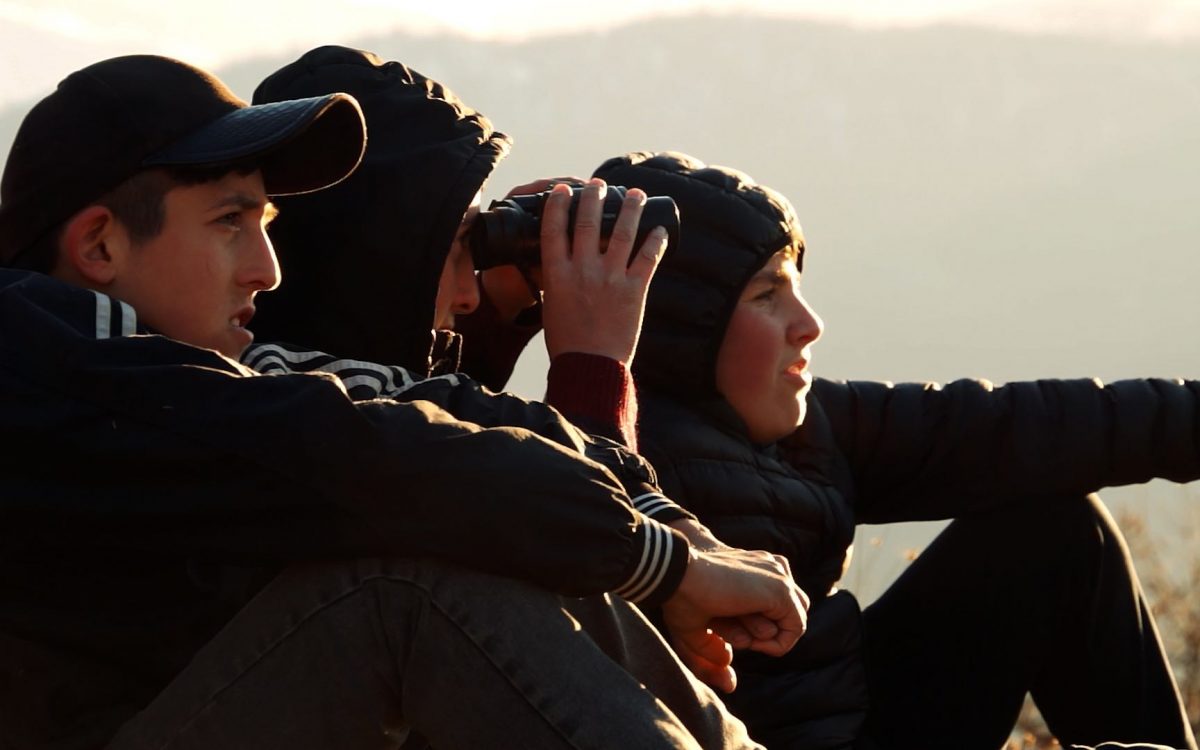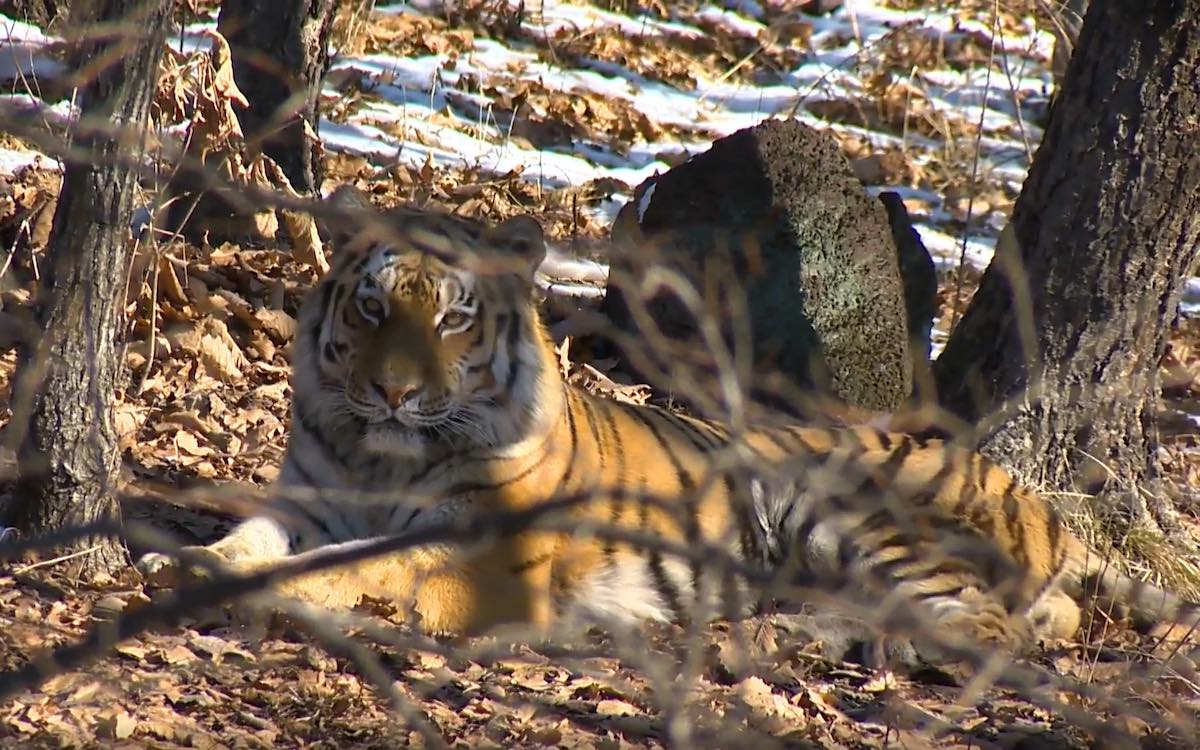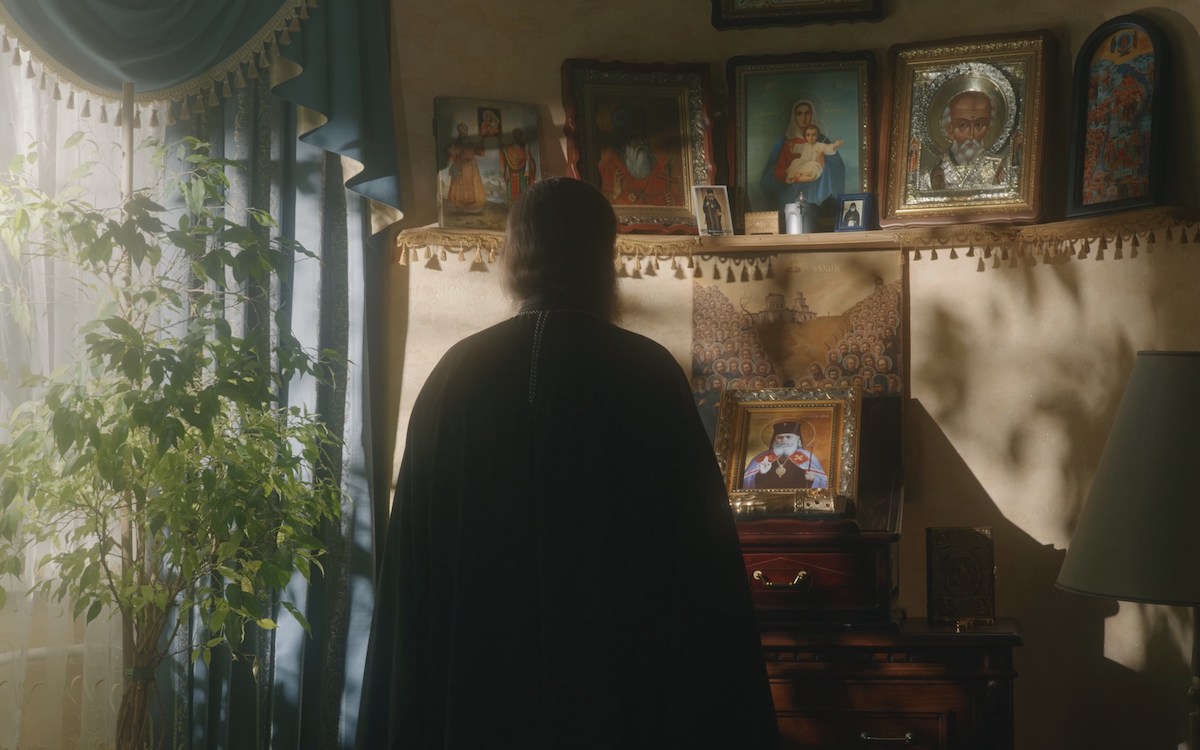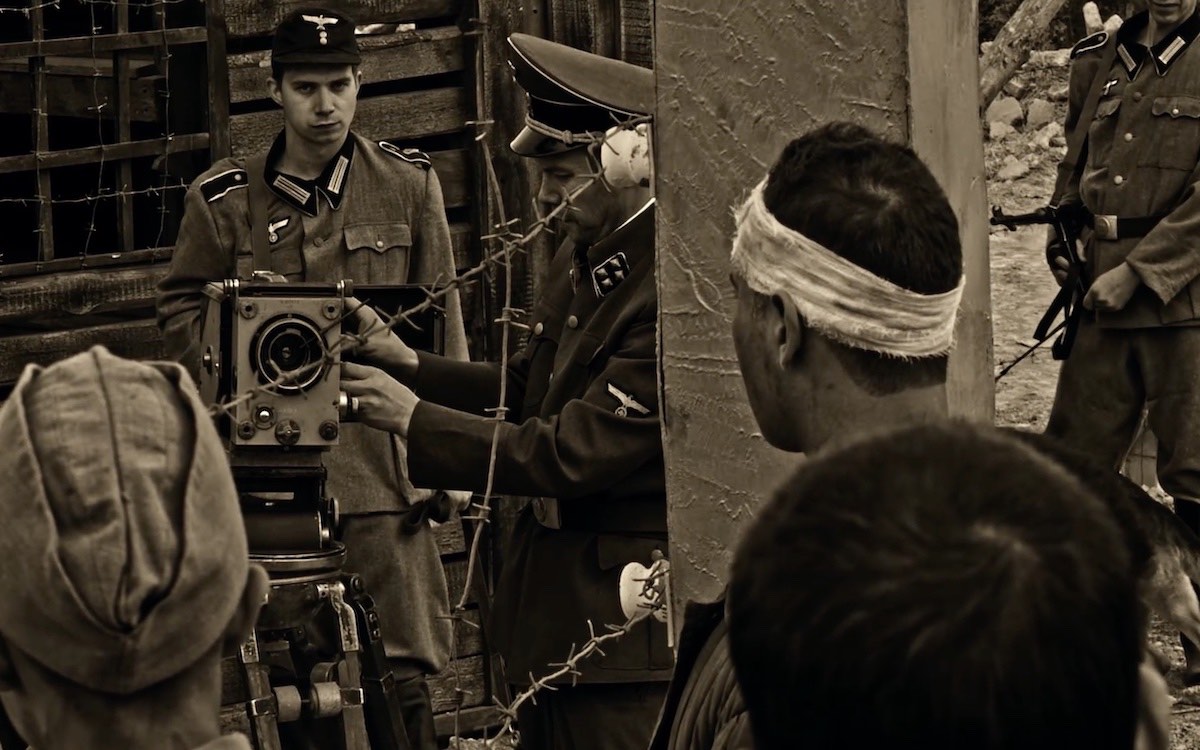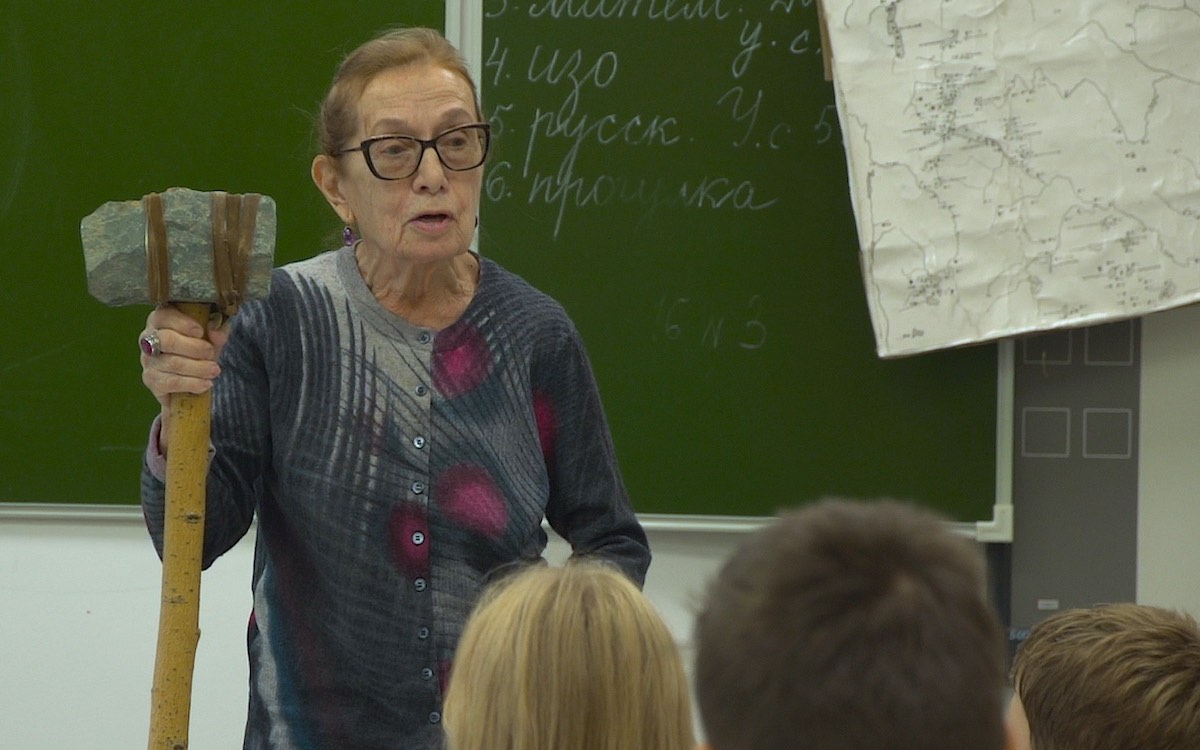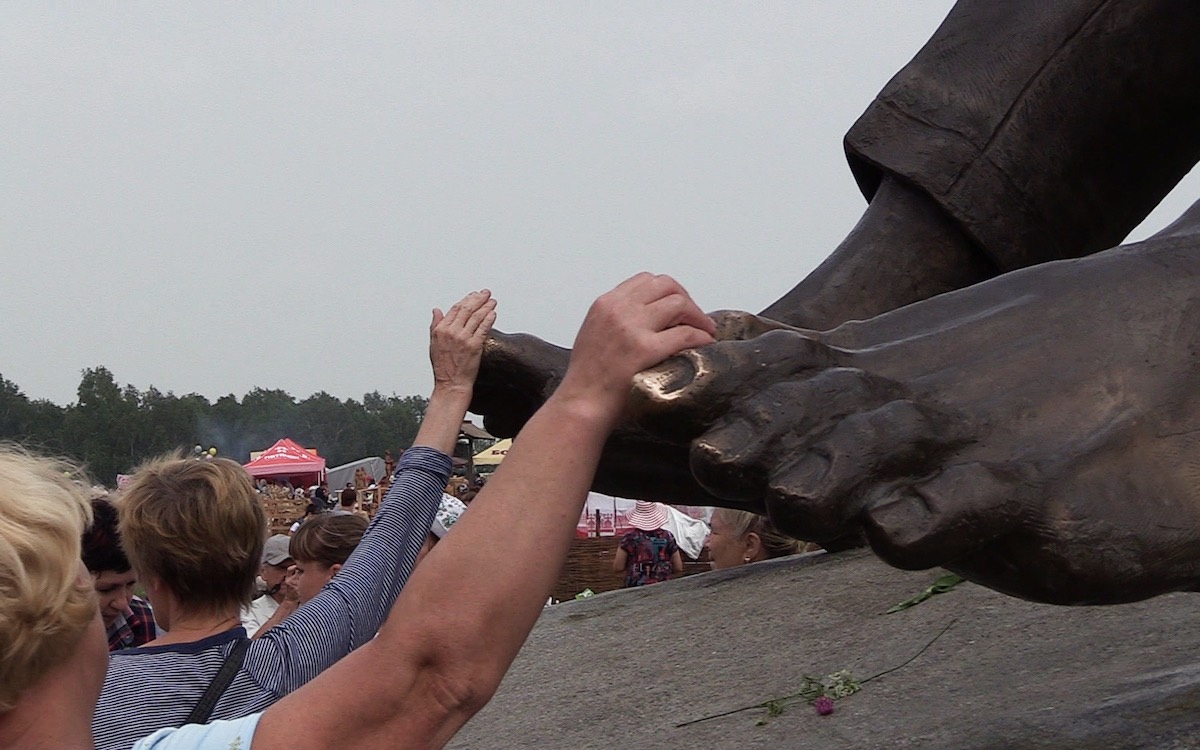On December 7, as part of the VII Documentary Film Festival of the CIS countries “Eurasia.DOC”, film screenings and discussions were held in Almaty.
The program of post-festival events in Kazakhstan started at Turan University. A round table was held there on the topic: “Great Eurasian Partnership. Joining forces.”

Director of the CIS Documentary Film Festival Valery Shekhovtsov spoke about “Eurasia.DOC” – the theme and format of the festival, which has been held for seven years in the Eurasian and post-Soviet space:
– We are interested in everything that is relevant for our greater Eurasia: connections – cultural, historical, human, creative. The festival has become a platform that brings together like-minded people – people for whom the Eurasian agenda is also relevant. They come with their films or as experts. We discuss very important and necessary topics for everyone and, thus, help representatives of various countries communicate.There is an understanding that Eurasia has become attractive; filmmakers from all countries are represented at the Festival, including several films from Kazakhstan that regularly participate. This year there was a picture dedicated to the January events of this year. Not only poignant socio-political films, but also films dedicated to the individual, but also to our cultural connections are on the shortlist.

Dean of the Higher School of Television of Moscow State University. M.V. Lomonosov, chairman of the jury of the festival “Eurasia.DOC” Vitaly Tretyakov joined the discussion via video link. In his speech, he noted that documentary filmmakers from Central Asian countries most often give preference to themes of the life of ordinary people in the outback, hoping to captivate viewers and the jury with some exoticism of such film works. However, the jury is always open to new topics – these can be sketches from city life, and important socio-political and social events:
– Events in the post-Soviet and Eurasian space are proceeding rapidly. These are historical events. They need to be captured and shown immediately, and who else but cinematographers and documentarians should do this. As the chairman of the jury, I wish for acuity, diversity and coverage of what is happening in the Eurasian space.

Political scientist from Kazakhstan Zamir Karazhanov joined the discussion.He emphasized that art and cultural ties are most important to preserve:
– Art has always been the last line of defense in foreign policy. Even when relations between countries were destroyed, when there was no longer economic and trade turnover, the last connecting thread remained – this is art.And the experience of many countries later showed that it was on this basis that bilateral relations began to develop in the future. Culture is what unites us, what will save us under any circumstances.

Vladimir Mamontov, General Director of the radio station “Moscow Speaks”, member of the Festival jury, took part in the round table remotely. He said that he was also looking forward to working on deep topics at the Festival:
– It’s important for me that people notice this and make a movie about this deep, good, real thing. So that there are characters, so that there are people, so that there is truth in life, situations, and so on. I personally always support such films at the Festival, and the jury supports them. And I hope that the program that our colleagues brought will allow you to appreciate this, those who come to the screenings. The seventh festival this year went off with a bang, with good attendance and great interest. I would also like to note the discussions – if a film touches people, if there is truth in it, they start discussing it right in the hall and don’t leave, this is an important moment, and you rarely see this now.

At the end of the dialogue platform, Evgeniy Super, a television journalist, publicist, and author of the “Time Forward!” project, spoke. He called on his colleagues from Kazakhstan to pay special attention to the youth competition “Eurasia.DOC: 4 minutes”:
– Participation in it gives young people the opportunity to show their work on big movie screens, at least in Smolensk and Minsk, not counting our vast Internet audience.The winners and finalists can come to our film festival, communicate with the audience live and, as a maximum, win. Perhaps this will be a good creative impulse and impetus for further development. It will be great if next year we get more youth work from Kazakhstan.
After the round table at the Caesar cinema, there was a presentation of the International Festival “Eurasia.DOC”, a screening and discussion of the finalist films of the Seventh Festival: “Russia. We are 30 years old!”, director Svetlana Muzychenko;“Land of Big Cats”, by Evgeniy Strygina.
Post-festival events within the framework of documentary films of the CIS countries “Eurasia.DOC” are held thanks to the organizational support of Rossotrudnichestvo.

